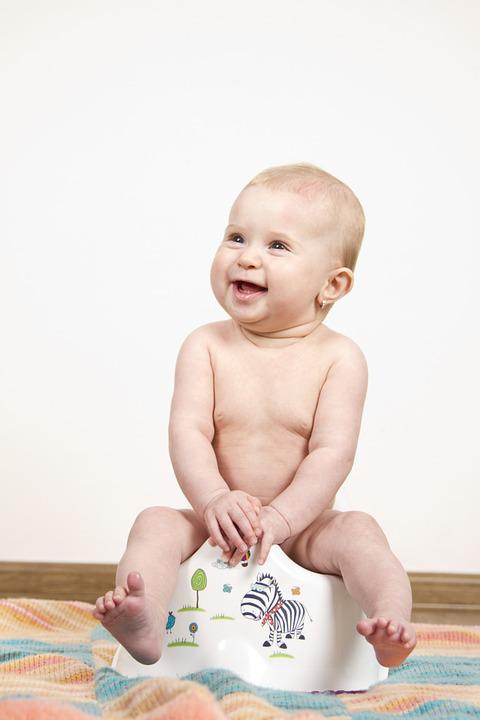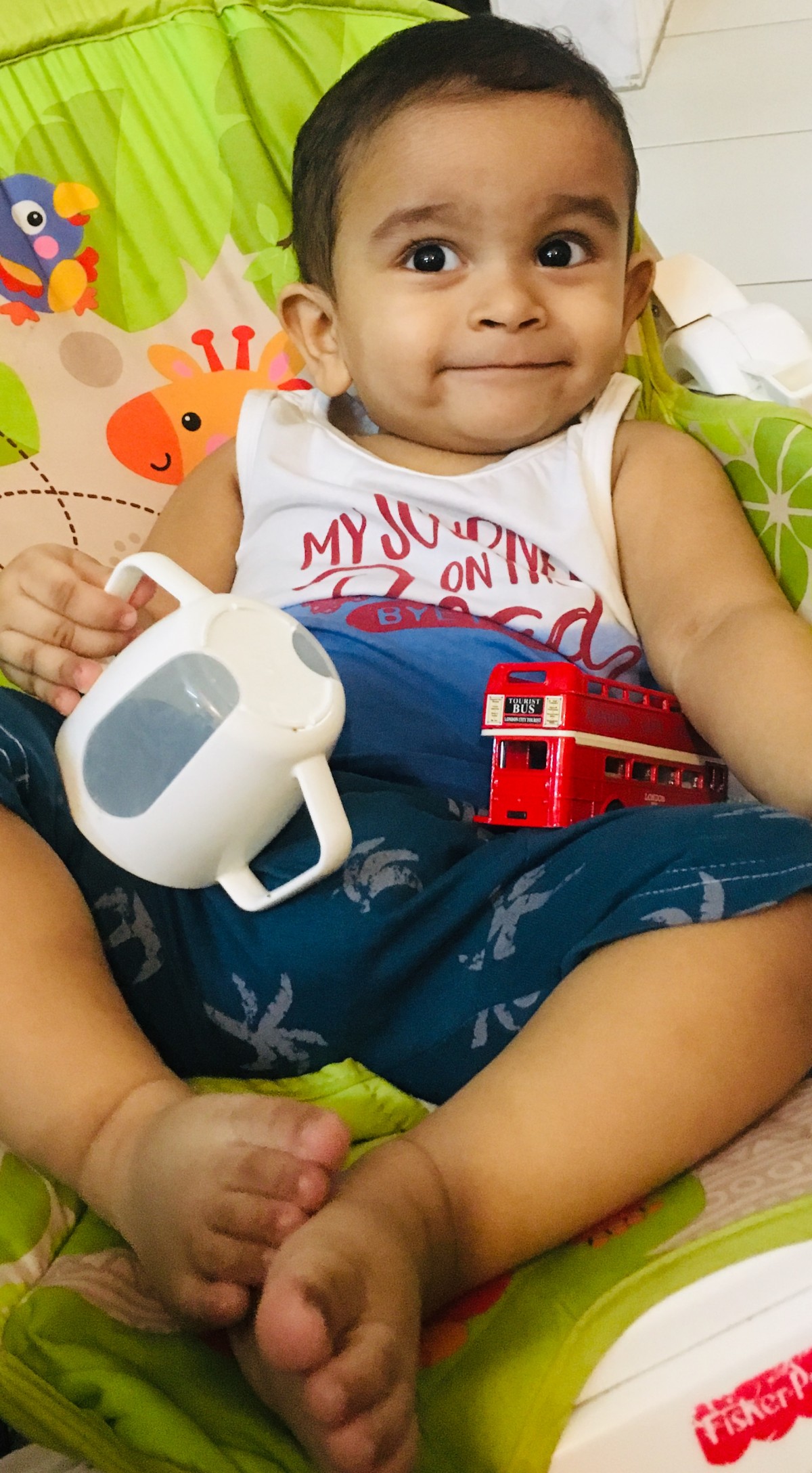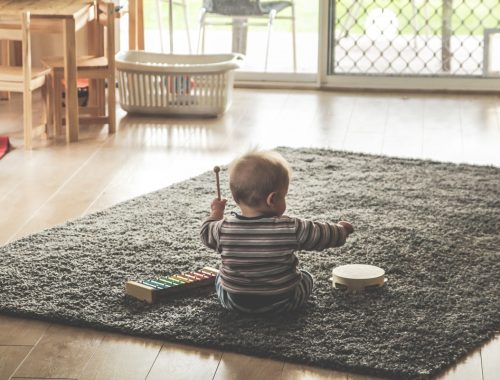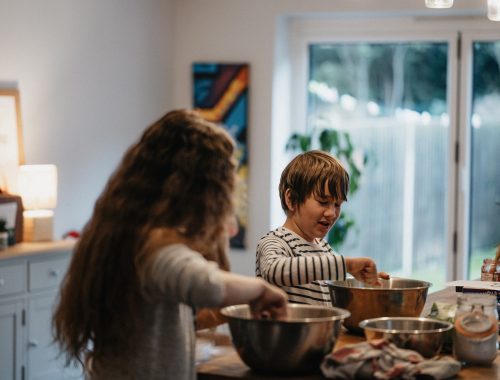
2 Steps to Avoid Bedwetting
2 Steps to Avoid Bedwetting
Contents
Step 1: Potty training: at what age should you start?
Step 2: Helping your child become potty-trained
Potty training can be a long process, and nighttime potty training is probably the most difficult for many children. Our tip gives you tips on making this time go better and faster for both you and your children!
1. Potty training: at what age should you start?

Distinguish between daytime and nighttime potty training. Daytime potty training is often linked to schooling (2-3 years). On the other hand, nighttime potty training is a private matter, and you may feel that there is no urgency.
Do you feel he’s ready? In this case, talk regularly with your child about this new stage before stopping the diaper. If he doesn’t seem keen, continue diapering at night for a while longer.
Good to know: if the night diaper stays dry several days in a row, it can signify the right time for the child.
Adapting to each stage
If your child is peeing at night when he or she is between 3 and 5 years old, don’t be alarmed. It will probably get better. Give it time and be patient, caring, and encouraging!
On the other hand, if bedwetting problems persist beyond the age of 5 or reappear after 5 for at least 6 months, it is better to seek medical advice from a doctor, a pediatrician, or a child psychiatrist.
2. Helping your child become potty trained

Here are some tips to help your child become potty trained at night.
First of all, your child should drink regularly throughout the day.
After snack time, it is best to avoid sugary drinks and milk.
At dinner, your child can drink (don’t stop him!) but in moderation.
Pre-bedtime rituals
If your child asks for a glass of water before bedtime, don’t refuse, but limit the amount.
Ask your child to go to the bathroom before going to bed.
Place a potty by the bed or make the trip to the bathroom easier by leaving the doors open, the light on, giving the child a flashlight, etc.
Don’t make the subject taboo
Children do not wet their beds on purpose, so do not punish them, scold them, make them feel guilty, or dramatize them.
Please encourage your child to congratulate him/her when he/she has not wet the bed. There are books for children dedicated to bedwetting: read them with your child.
Things can accelerate if your child is ready and prefers to use the potty rather than walk about in a soiled diaper. If not, don’t rush your youngster and avoid causing him to become enraged. Potty-training-afraid children can get constipated quickly in some instances. Potty training could be delayed till your child is three and a half years old due to an argument or a punishment.
If bedwetting persists
Establish a ritual, such as a calendar filled with suns or rain when bedwetting. At the end of the week, count the number of suns together. This will encourage your child.
Make your child responsible: allow him to change his clothes and sheets on his own by leaving clean pajamas and sheets. Please encourage them to put their pajamas and sheets in the wash. The next day, get him to help fill the washing machine.
Good to know: when nighttime cleanliness seems to be acquired, don’t forget that accidents can still happen: stay calm!
Hope this post helps you out. Remember to share your experience in the comments below.
Read more:
You May Also Like

What Do You Think of a Red Fruit Cake for Your Children’s Baptism?
2022-06-09
Which Floor Mat to Choose for Baby
2022-05-10

